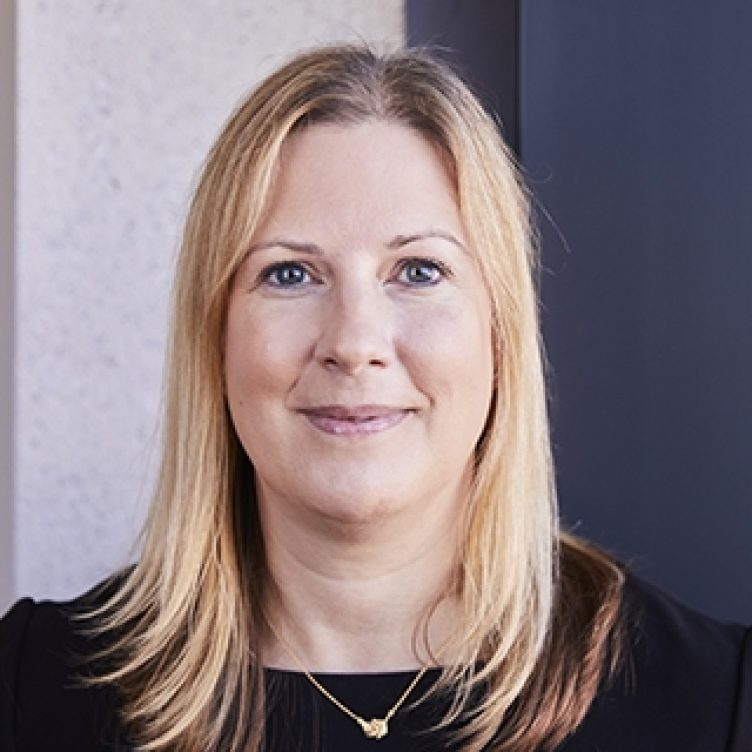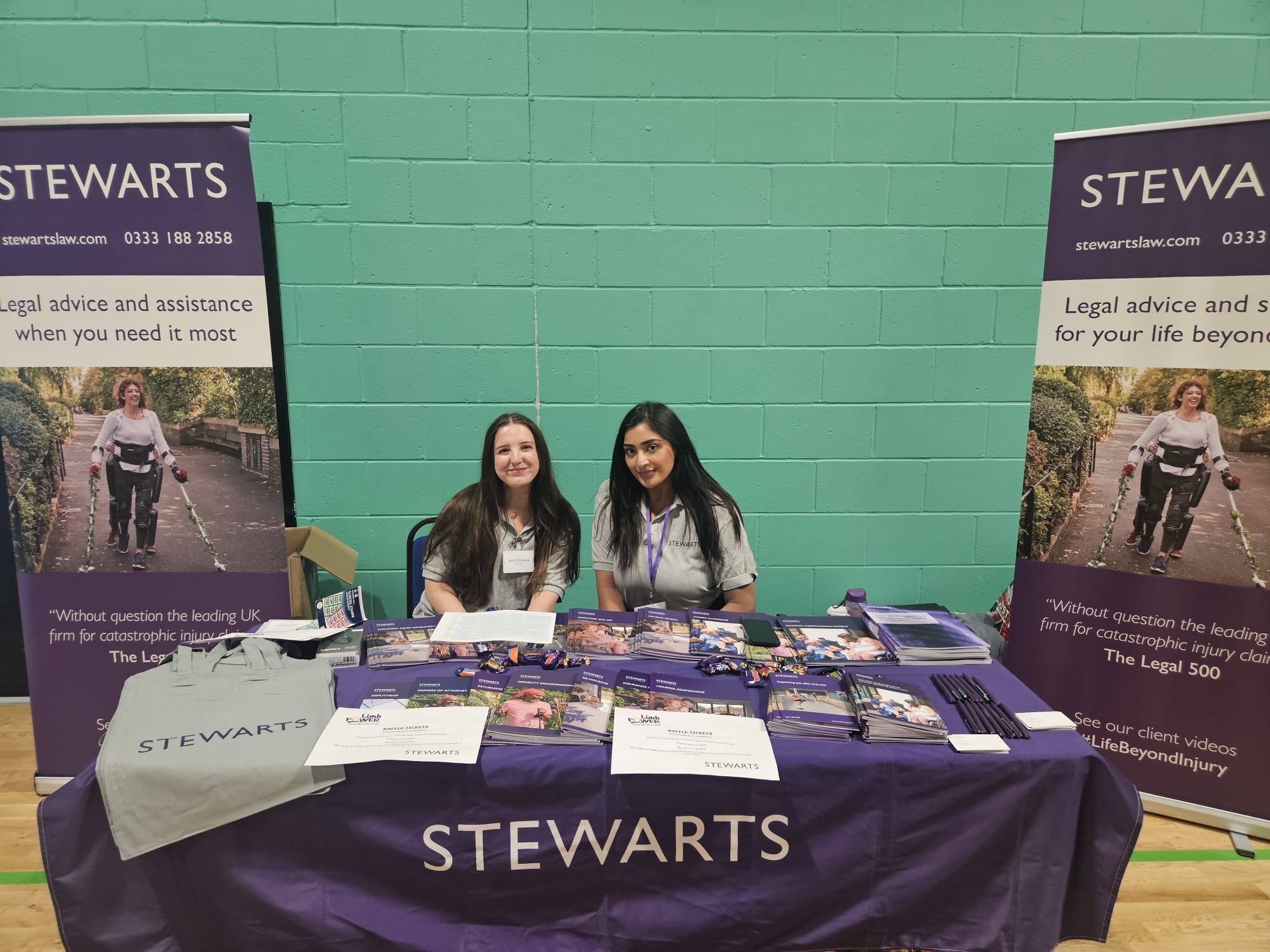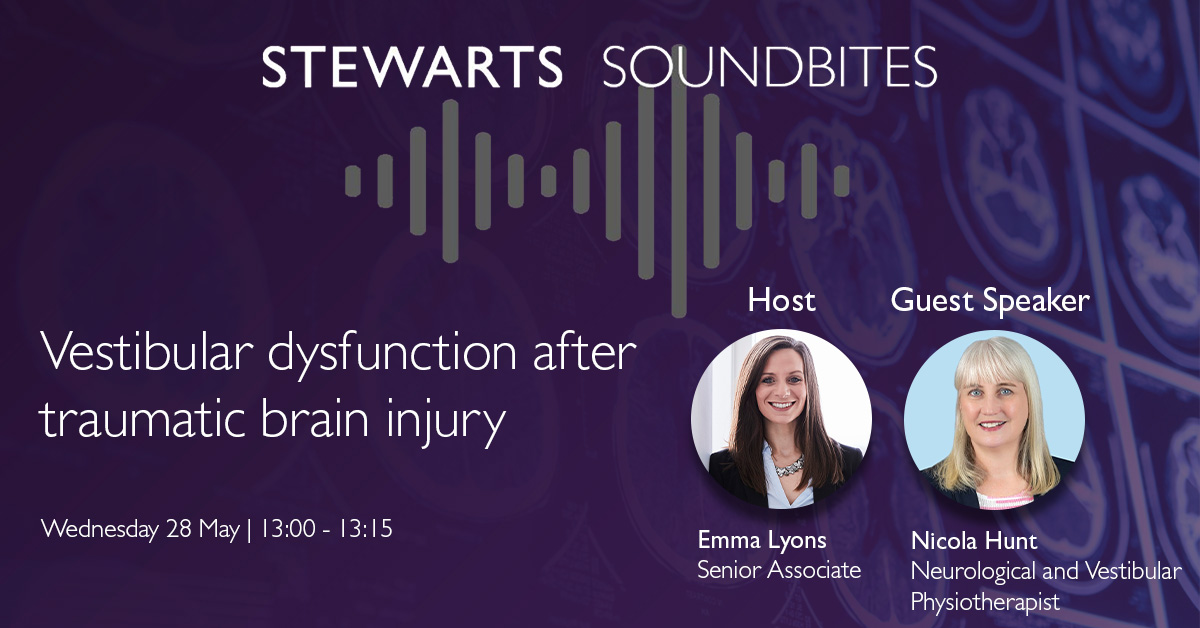Nearly half a million people in the UK are involved in a preventable accident leading to injury every year, causing disruption to their lives and irreversible consequences for some. As the Association of Personal Injury Lawyers (APIL) states: “Anyone could be a victim of negligence.”
Monday 23 June marks the start of APIL’s Injury Awareness Week 2025, a week that puts the spotlight on personal injury. It aims to encourage discussion around injuries and support access to justice for those who have been injured, as well as challenging public misconceptions and stereotyping.
The week provides an opportunity to reflect on the types of accidents people can become involved in, the injuries they might sustain and who they can turn to for help and legal assistance.
This year, APIL is taking Injury Awareness Week one step further by bringing the event to Westminster to gather support from MPs. The aim is to champion the needs of people injured by negligence and ensure that policymakers place them at the heart of decision-making.
Common forms of injury
Mishaps happen every day. Kids fall over in playgrounds, and DIY-ers get into scrapes with hammers and nails. These are simple examples of accidents. But reckless driving, producing faulty goods or failing to take proper care can all amount to negligence if they cause harm to others.
It is important that those who are reckless or negligent are held to account so that injured victims can get the redress they need to help them get back on track.
Most types of personal injury can be sorted into one of the following categories.
Road traffic collision
Any injury resulting from an event on a public highway or other public place can fall into this category. Typically it will involve a vehicle, such as a collision with another vehicle, a bicycle or a pedestrian.
Stewarts specialises in obtaining high-value settlements for clients involved in severe road traffic collisions, such as Caren, who was hit by a bus while cycling at the age of 36. Caren’s injuries meant that she eventually had to undergo an elective amputation of her right arm. Partner Nichola Fosler secured a seven-figure settlement sum for Caren, which means she has the funds to support her lifelong rehabilitation. The settlement also provides her with the resources she needs to learn new ways to perform everyday activities.
Employers’ liability
Employers are liable to compensate employees and people working for them who are injured at work, as they have a duty of care to them. Accidents at work can include falls from height, contact with moving machinery and simple slips and trips.
One such accident dealt with by Stewarts’ Personal Injury team was that of Gerald, an HGV driver injured at work who secured a settlement of £2.3m. Reaching a settlement is invaluable for a client like Gerald, whose compensation will enable him to undergo ongoing rehabilitation, purchase a new home and participate in activities that help him feel like himself again. People often forget that life-changing injuries can have more than just a physical impact on someone’s life and can take a massive toll on a person’s mental health and sense of identity.
You can read more about employer’s liability in Warren Maxwell’s insightful Q&A here.
Accidents during sport
Stewarts has also been involved in numerous sports injury cases, acting for professional athletes who have sustained a career-altering injury. Injuries resulting from negligence can be particularly devastating for athletes whose whole careers revolve around their physical ability.
In 2024, partner Chris Smith wrote about personal injury in the sports domain for the Yorkshire Post. Chris acknowledged that although sport will always have a risk of injury, players and organisations that govern professional sport have a duty to minimise this risk.
For example, in the case of Czernuska v King (2023) EWHC 380 (KB), the claimant sustained a T10 ASIA B spinal cord injury while playing rugby. The judge found that the defendant’s tackle was reckless and dangerous, and they were held liable for the injuries sustained. You can read Chris Smith’s article here.
Another sport that has become increasingly popular is skydiving. Although skydiving carries a relatively low risk of injury, it is essential that the jumper is aware of its dangers. It’s crucial to note that high-risk sports often carry the full defence of volenti non fit injuria. In short, this means that where it can be shown that the individual understood the risks and voluntarily waived them, the defendant will be fully exonerated.
However, as noted by Stewarts’ senior associate Rebecca Smith from the Aviation team, where failures in the training process or on the jump can be established, negligence is likely to be established. Stewarts’ specialist aviation solicitors, like Rebecca, can help people involved in skydiving accidents seek compensation and justice.
Medical negligence
Medical negligence occurs when a healthcare professional fails to act with the required standard of care, leading to severe health consequences such as misdiagnosis and/or incorrect or inadequate treatment.
Stewarts focuses on severe medical negligence that has life-changing consequences, such as cases involving spinal cord injury and brain injury. The needless harm and injury that stems from this negligence can be devastating for both the individual and their close family and friends. Securing justice can not only help them move forward with their lives but also contribute to changes in public policy relating to such injuries.
Our client Bianca sustained a severe spinal injury following delays in diagnosis and treatment, going to secure a final settlement that will provide for her needs for the rest of her life. Partner Alison Goldney and trainee solicitor Iola Reynolds outline Bianca’s situation and legal claim in this case report.
Public liability
Public liability claims arise when a member of the public has an accident in a public place. For example, slips and trips can occur in a public area where there are unsafe conditions, such as an uneven pavement or a slippery floor. Property owners, businesses and local councils must ensure that they maintain safe environments for the public. As such, if an accident occurs as a result of an unsafe environment, they can be held accountable. The party liable for the accident is the party responsible for the environment where the accident occurred.
Types of public liability claims include Highways Act claims and occupiers’ liability claims.
Seeking legal help
Many people don’t know where to turn when they have sustained a life-changing injury. Specialist injury lawyers can help not just with the legal claim but also put things in place to help injured people rebuild their lives.
Stewarts has 35 APIL-accredited injury lawyers, including four fellows, 17 senior litigators and four litigators. APIL-accredited lawyers must be competent, have the requisite knowledge and be committed to acting in the client’s best interests. This means they are well equipped to assist those who have sustained significant harm through no fault of their own.
How you can help
APIL is asking supporters of Injury Awareness Week to get involved using the hashtag #IAWeek2025, whether sharing your own content and experiences or re-sharing APIL’s social media posts.
Injured people matter, and their rights must be protected. #IAWeek2025

You can find further information regarding our expertise, experience and team on our Personal Injury page.
If you require assistance from our team, please contact us.
Subscribe – In order to receive our news straight to your inbox, subscribe here. Our newsletters are sent no more than once a month.






